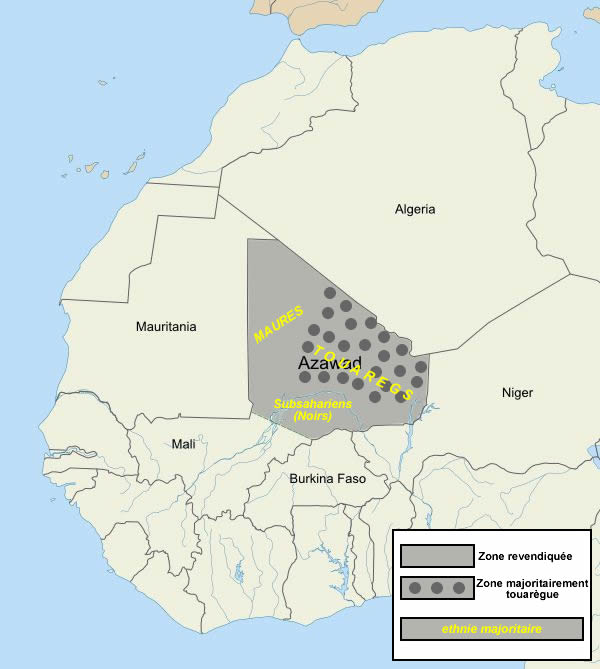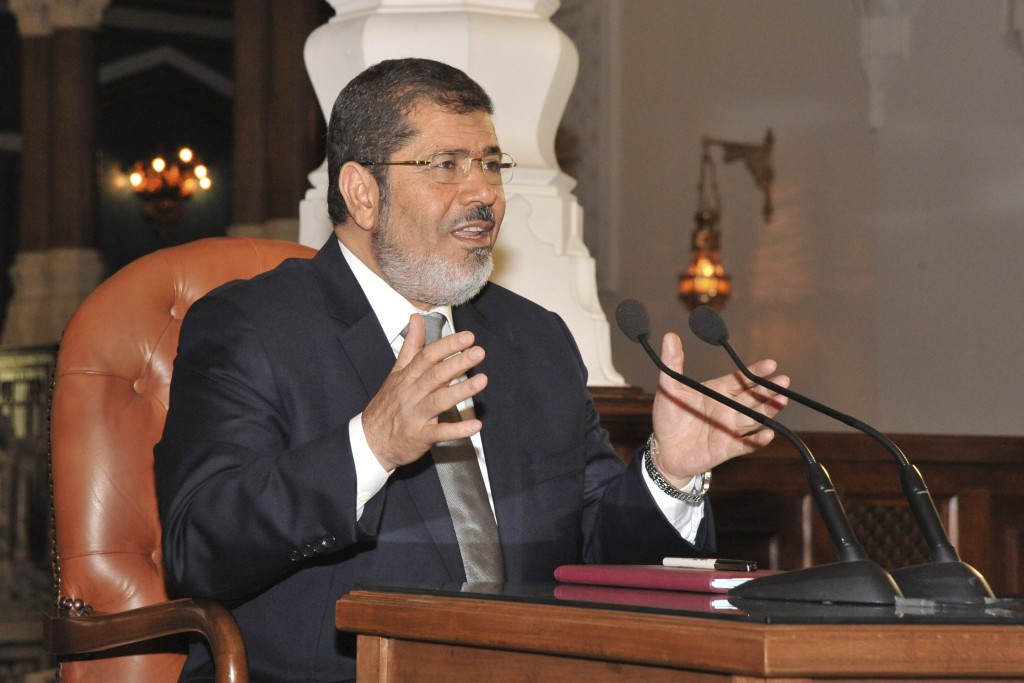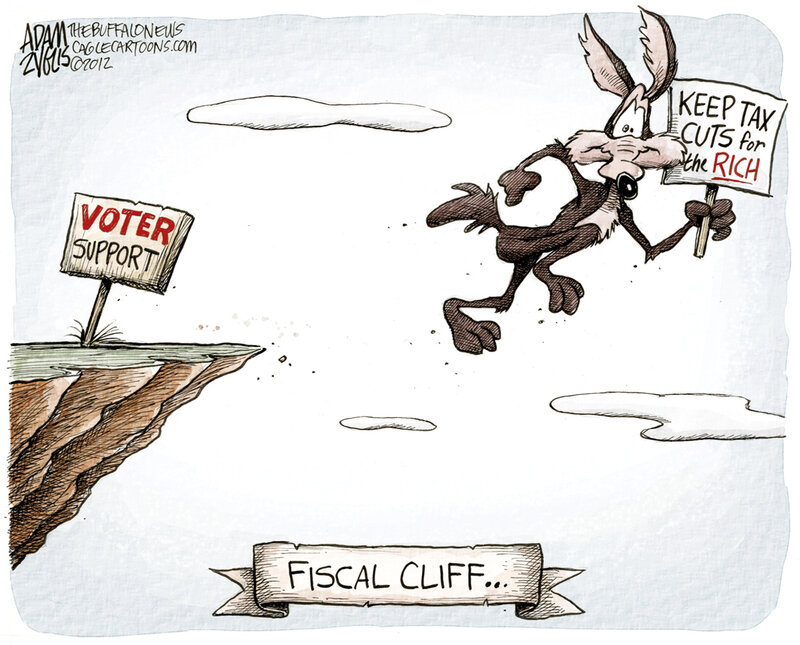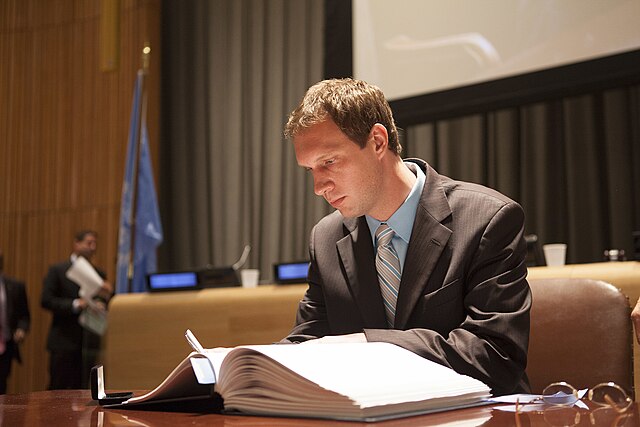Spring 2012
"Good lord what is going on in Africa...?"
"Unsurprsing Putin would be the talk of NATO..."
"Guess we know who's running now..."
While the peace talks finalized over in the Middle East and the people were reflecting on the progress made over regarding Palestine and the former nations of Syria and Iraq, they also began turning their attention in foreign policy, namely in Africa. Africa has unfortunately a source of political trouble since the lurching mishandling of decolonization and remnants troubles of the Cold War. First off, there was the Brazzaville arms dump blasts; a series of explosions is reported at a munitions dump in Brazzaville, the capital of the Republic of the Congo, with at least 250 people dead from the result, raising questions on the mishandling. However, the next various incidents were not so accidental. Over in Mali, President Amadou Toumani Touré, is ousted in a coup d'état after mutinous soldiers attack government offices. The coup was done by hte military in response to what they saw as failure in handling the National Movement for the Liberation of Azawad. Unsuprisingly, following it, the National Movement for the Liberation of Azawad unilaterally declares the independence of Azawad from Mali. The discussions and talks were mixed and while some were open to letting the people settle it out for themselves, the fears of chaos coming about meant that there were forces willing to invest. Over in the UN, talks were held in regards to whether to recognize Azawad or not along with dealing the Islamic forces that were complicated the situation there. Looking for some needed political points, the McCain Administration considered an aggressive approach to deal with the Islamic forces before going to Mali and Azawad, especially since given the coup, there were obvious questions on the legitmacy of the current Mali government. Meanwhile, Mutinous soldiers in Guinea-Bissau stage a coup d'état and take control of the capital city, Bissau. They arrest interim President Raimundo Pereira and leading presidential candidate Carlos Gomes Júnior in the midst of a presidential election campaign and leading to more troubles there. And lastly, Former Liberian President Charles Taylor is found guilty on 11 counts of aiding and abetting war crimes and crimes against humanity during the Sierra Leone Civil War. Overall, it brought more attention to Africa and in deciding how to handle some of the conflicts going on.

Map of Azawad, as claimed by the MNLA. Dark grey dots indicate regions with a Tuareg majority.
Meanwhile, as the world kept trying to recover from the economic recession in varying successes, elections were going on across the world. Over in Russia, the presidental elections happened which restored controversial political figure Vladimir Putin back into power. Putin was unsurprsingly a controversial figure because of his past and his antagonism with the West. However, he was voted in with a lesser majority than people predicted and the fact was that that the Recession hit Russia hard. The McCain Administration continued to uphold Gore's message on energy self-sufficiency through renewables and was applauding Prime Minister Layton's investments over in geothermal power. All of this was discussed along with nuclear weapons and the Middle East situation over in the 2012 Chicago Summit of NATO. The many heads of state were discussing dealing with the matters of international security along with more intangible factors as the political rivalry of NATO and Russia's somewhat sphere was in part growing because of the energy changes. While in the past Russia has been invited but declined, this time Russia was not invited, something which Putin noted though was countered with the answers of past rejections along with wanting to leave Putin alone to deal with the economic troubles of Russia. However, more interesting were some of the countries in attendance. While Saudi Arabia was still invited, the surprise was on the invitation of Iran into the discussions. Unsurprisingly there were also the new nations that the Coalition over in the Middle East helped form: Kurdistan (formed from Rojava of Syria and the autonomous Kurdish state of Iraq), a Shiite dominant Iraq, a new state of Assyria, and the new state of Shaam (formed from the remaining land of Syria and Sunni Iraq), the leaders being there and with the last bits being order to stablize it.

Logo of the 2012 Chicago Summit
And with the passing of Spring was coming the candidates to decide who would be running for the elections of US President. Senator Barack Obama entered late and while pretty popular, his late entry meant it was difficult to gain the traction needed to really catch up. He would end up finishing second behind Hillary Clinton, who would end up winning the nomination of the election. She won riding on the success of the #MeToo movement along with promising to maintain good military presence and to return the economy. However, she did have to conflict with Barack Obama as well as independent Bernie Sanders who was pushing to deal with the banks and other financial institutions who led them to the crisis along with expanding the healthcare system for Medicare For All along with supporting LGTBQ marriage and legalizing marijuana and ending the drug war. While pretty radical, he stood out and planted the seeds for an America that was far beyond. Meanwhile, the GOP race was relatively quiet as there were little contenders to run against John McCain though McCain did note that when he finished his second term, he would support Mitt Romney. With the candidates decided, it would be moving on to be Clinton vs McCain. However, one note of concern was that former President Gore did not endorse any of the contenders in order to keep it fair, but he did not seem to want to support Clinton in her run. McCain would keep Romney as his running mate and Clinton would end up choosing Tim Kaine as her Vice President pick after rumors of her choosing Obama as running mate went on.

Clinton-Kaine 2012 Campaign icon
"Good lord what is going on in Africa...?"
"Unsurprsing Putin would be the talk of NATO..."
"Guess we know who's running now..."
While the peace talks finalized over in the Middle East and the people were reflecting on the progress made over regarding Palestine and the former nations of Syria and Iraq, they also began turning their attention in foreign policy, namely in Africa. Africa has unfortunately a source of political trouble since the lurching mishandling of decolonization and remnants troubles of the Cold War. First off, there was the Brazzaville arms dump blasts; a series of explosions is reported at a munitions dump in Brazzaville, the capital of the Republic of the Congo, with at least 250 people dead from the result, raising questions on the mishandling. However, the next various incidents were not so accidental. Over in Mali, President Amadou Toumani Touré, is ousted in a coup d'état after mutinous soldiers attack government offices. The coup was done by hte military in response to what they saw as failure in handling the National Movement for the Liberation of Azawad. Unsuprisingly, following it, the National Movement for the Liberation of Azawad unilaterally declares the independence of Azawad from Mali. The discussions and talks were mixed and while some were open to letting the people settle it out for themselves, the fears of chaos coming about meant that there were forces willing to invest. Over in the UN, talks were held in regards to whether to recognize Azawad or not along with dealing the Islamic forces that were complicated the situation there. Looking for some needed political points, the McCain Administration considered an aggressive approach to deal with the Islamic forces before going to Mali and Azawad, especially since given the coup, there were obvious questions on the legitmacy of the current Mali government. Meanwhile, Mutinous soldiers in Guinea-Bissau stage a coup d'état and take control of the capital city, Bissau. They arrest interim President Raimundo Pereira and leading presidential candidate Carlos Gomes Júnior in the midst of a presidential election campaign and leading to more troubles there. And lastly, Former Liberian President Charles Taylor is found guilty on 11 counts of aiding and abetting war crimes and crimes against humanity during the Sierra Leone Civil War. Overall, it brought more attention to Africa and in deciding how to handle some of the conflicts going on.
Map of Azawad, as claimed by the MNLA. Dark grey dots indicate regions with a Tuareg majority.
Meanwhile, as the world kept trying to recover from the economic recession in varying successes, elections were going on across the world. Over in Russia, the presidental elections happened which restored controversial political figure Vladimir Putin back into power. Putin was unsurprsingly a controversial figure because of his past and his antagonism with the West. However, he was voted in with a lesser majority than people predicted and the fact was that that the Recession hit Russia hard. The McCain Administration continued to uphold Gore's message on energy self-sufficiency through renewables and was applauding Prime Minister Layton's investments over in geothermal power. All of this was discussed along with nuclear weapons and the Middle East situation over in the 2012 Chicago Summit of NATO. The many heads of state were discussing dealing with the matters of international security along with more intangible factors as the political rivalry of NATO and Russia's somewhat sphere was in part growing because of the energy changes. While in the past Russia has been invited but declined, this time Russia was not invited, something which Putin noted though was countered with the answers of past rejections along with wanting to leave Putin alone to deal with the economic troubles of Russia. However, more interesting were some of the countries in attendance. While Saudi Arabia was still invited, the surprise was on the invitation of Iran into the discussions. Unsurprisingly there were also the new nations that the Coalition over in the Middle East helped form: Kurdistan (formed from Rojava of Syria and the autonomous Kurdish state of Iraq), a Shiite dominant Iraq, a new state of Assyria, and the new state of Shaam (formed from the remaining land of Syria and Sunni Iraq), the leaders being there and with the last bits being order to stablize it.

Logo of the 2012 Chicago Summit
And with the passing of Spring was coming the candidates to decide who would be running for the elections of US President. Senator Barack Obama entered late and while pretty popular, his late entry meant it was difficult to gain the traction needed to really catch up. He would end up finishing second behind Hillary Clinton, who would end up winning the nomination of the election. She won riding on the success of the #MeToo movement along with promising to maintain good military presence and to return the economy. However, she did have to conflict with Barack Obama as well as independent Bernie Sanders who was pushing to deal with the banks and other financial institutions who led them to the crisis along with expanding the healthcare system for Medicare For All along with supporting LGTBQ marriage and legalizing marijuana and ending the drug war. While pretty radical, he stood out and planted the seeds for an America that was far beyond. Meanwhile, the GOP race was relatively quiet as there were little contenders to run against John McCain though McCain did note that when he finished his second term, he would support Mitt Romney. With the candidates decided, it would be moving on to be Clinton vs McCain. However, one note of concern was that former President Gore did not endorse any of the contenders in order to keep it fair, but he did not seem to want to support Clinton in her run. McCain would keep Romney as his running mate and Clinton would end up choosing Tim Kaine as her Vice President pick after rumors of her choosing Obama as running mate went on.

Clinton-Kaine 2012 Campaign icon





















